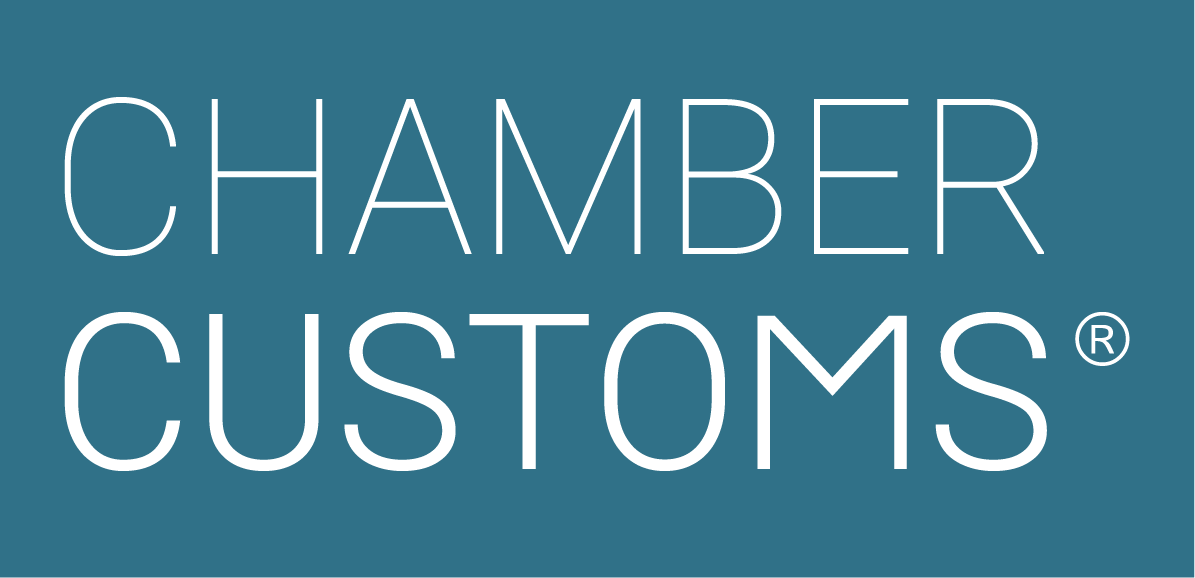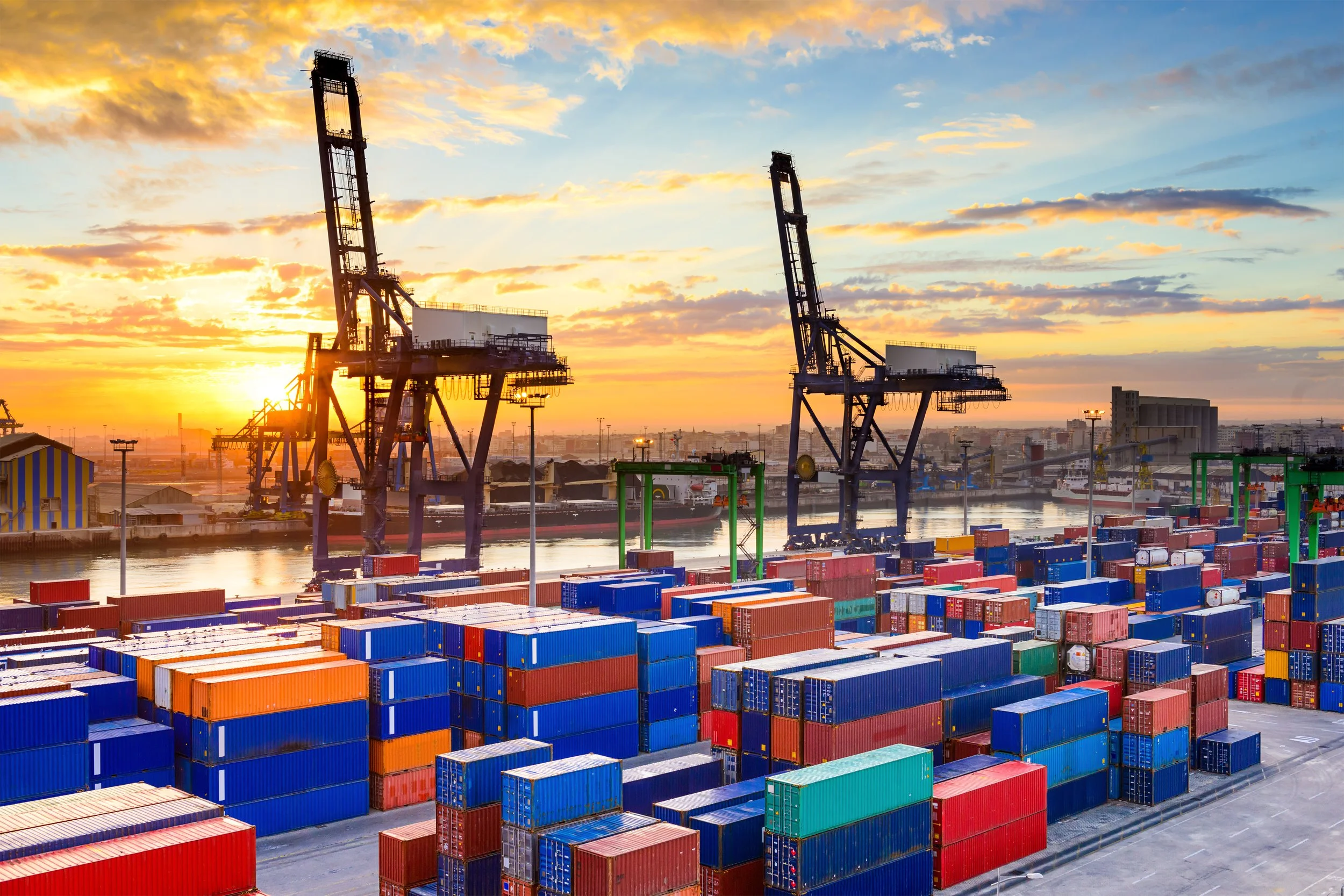Top tips for importing and exporting goods in 2022 | ChamberCustoms expert advice
What are the essential things to remember when you are importing goods?
1. Be accurate. Keep proof.
When you're declaring goods, you are making a legal declaration. Therefore, you must provide accurate information. Our top tip is to ensure that the figures you're quoting on your customs declaration, or the numbers and details you're instructing your agent to declare, are consistent in all of your documentation.
Why? Because HMRC will require paperwork to support what you’re declaring. For example, your goods may attract a documentary check: if you've declared that your goods weigh 200 kilos, HMRC will expect to see paperwork that confirms that the weight of the goods is 200 kilos.
And if you've done some strange calculations, arbitrarily apportioned weights and values, you may struggle to explain it or even remember what you did.
2. Be careful with discounts
Remember that not all discounts are allowable and just because you've received a discount from a trader, it doesn't mean the value of the goods will be reduced.
Remember: the value of the goods is not necessarily the price that you paid for them.
For example, you could import goods that you have not paid for because they are free of charge, or they may be a gift.
However, if they are worth £10,000 - you will have to pay duty on that value and not on the price paid.
What are the essential things to remember when you are exporting goods?
1. proof of export
Make sure that you have proof of export when you are exporting goods.
When you're the trader, and you're exporting, you're liable for UK VAT (Value-added tax) unless you can prove that you've not sold the goods within the boundaries of the UK.
2. Don’t export using Incoterms® Ex-Works.
Make sure you use at least FCA in your contracts. One of the reasons behind our suggestion is that with Incoterms® FCA you retain the export documentation control, ensuring that the goods are being exported properly and are eligible for VAT zero-rating.
However, If you leave the responsibility to the seller, as with the EXW Incoterms®, you’re effectively trusting a foreign party to comply with UK regulations and provide you with proof of export to support VAT zero-rating.
What are Incoterms®?
Incoterms stands for International Commercial Terms.
Incoterms® is an international convention that establishes the responsibility of the buyer and the seller when entering into a purchase/sale contract.
Example 1:
At one end of the scale, we have Ex Works. Here, the exporter (seller) is responsible for almost nothing- they are just responsible for delivering a box outside their factory door.
On the other hand, the importer is responsible for everything, picking up the goods, exporting, transporting, importing and delivering. However appealing as this may seem, the flip side of the coin is that the exporter has no control over how the goods will be exported.
Example 2:
On the other side of the scale, we have DDP (Delivered Duty Paid), where the seller takes all the responsibilities on board to pack, export, transport, import in the foreign country and deliver. In this case, the seller needs to carefully consider how they can lawfully import their goods into a foreign country where they may not be an established business.
There isn’t a one-size-fits-all approach. ChamberCustoms can train you and your team to understand what Incoterms® you should be using when trading internationally.
BESPOKE CUSTOMS ADVICE
Our team of customs experts have decades of operational experience in all aspects of customs. As well as advising clients we are also called on by government departments for our expertise in helping develop policies that will work for business.
A CUstoms broker near you
The ChamberCustoms network is never far from you with over 40 locations across the UK, from Inverness in the north to Dorset in the South. We operate in every country of the UK and we’re directly connected to all air, sea, ro-ro and rail port inventory systems.


